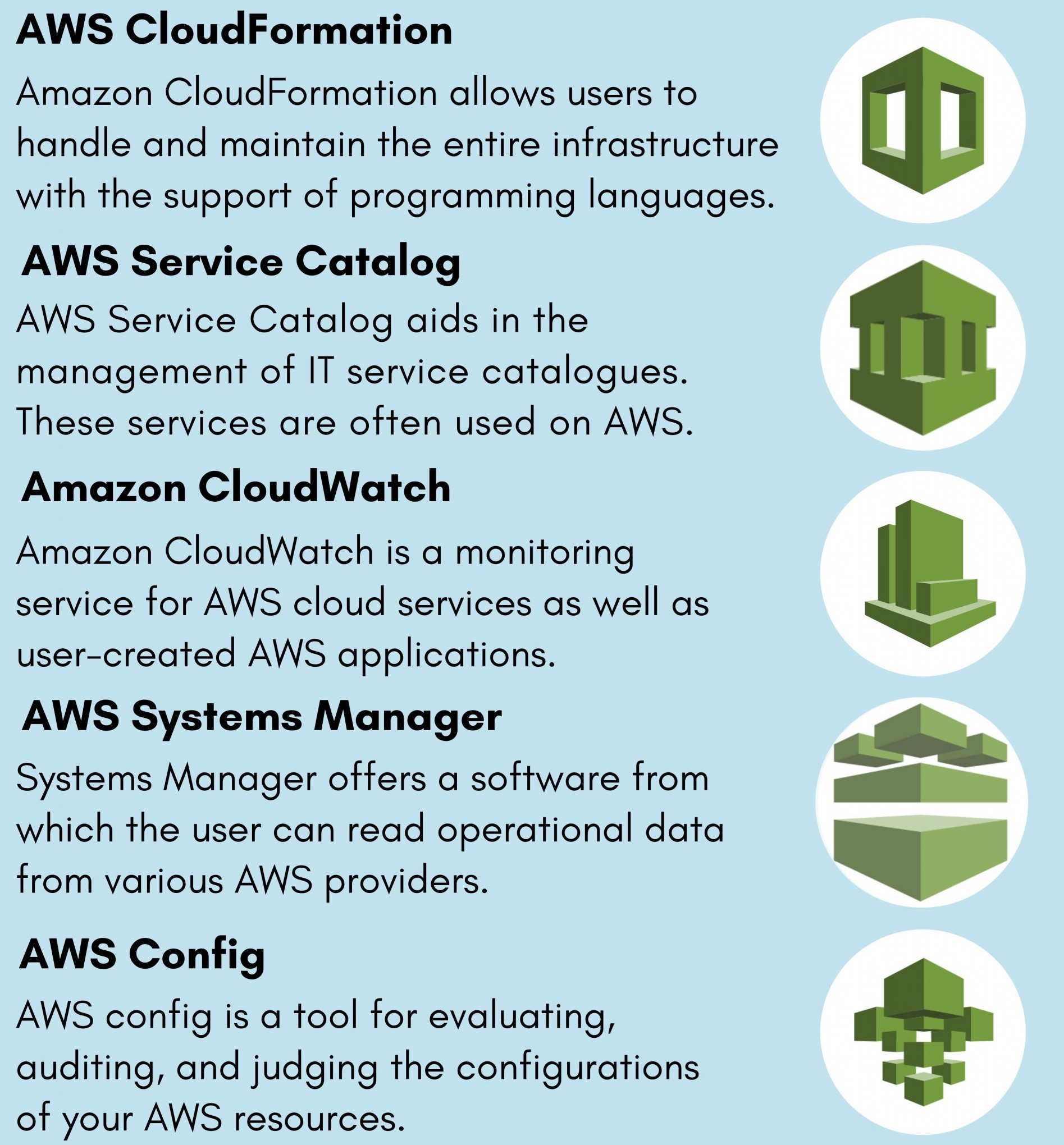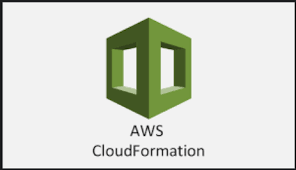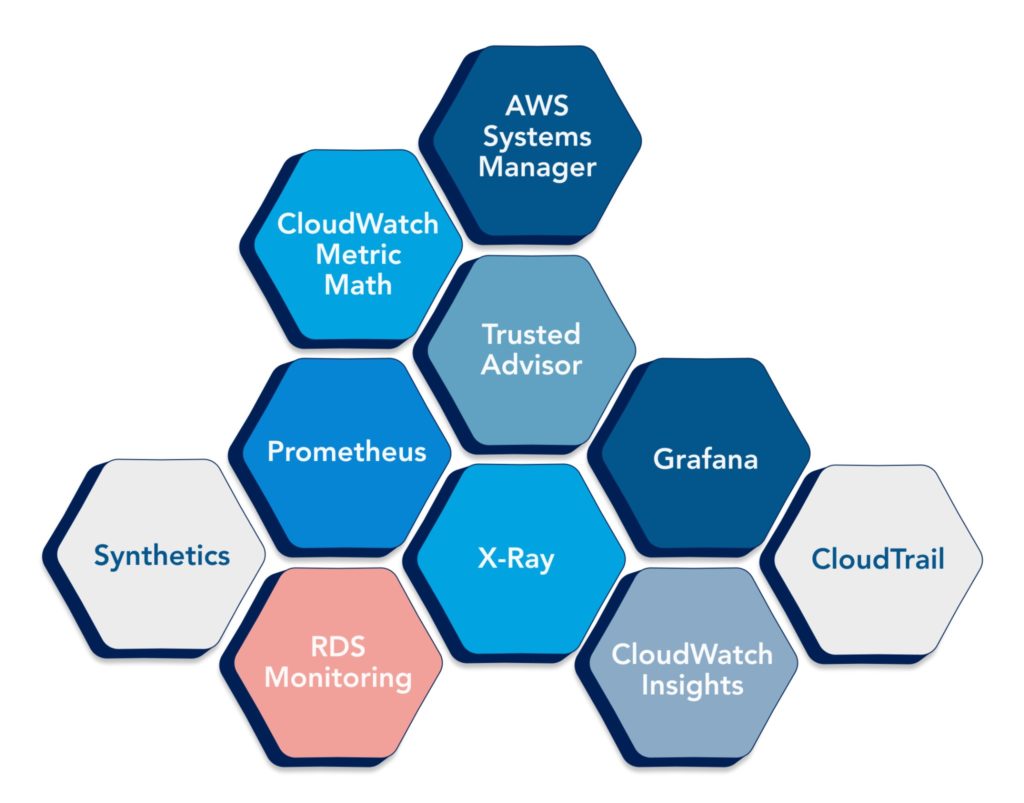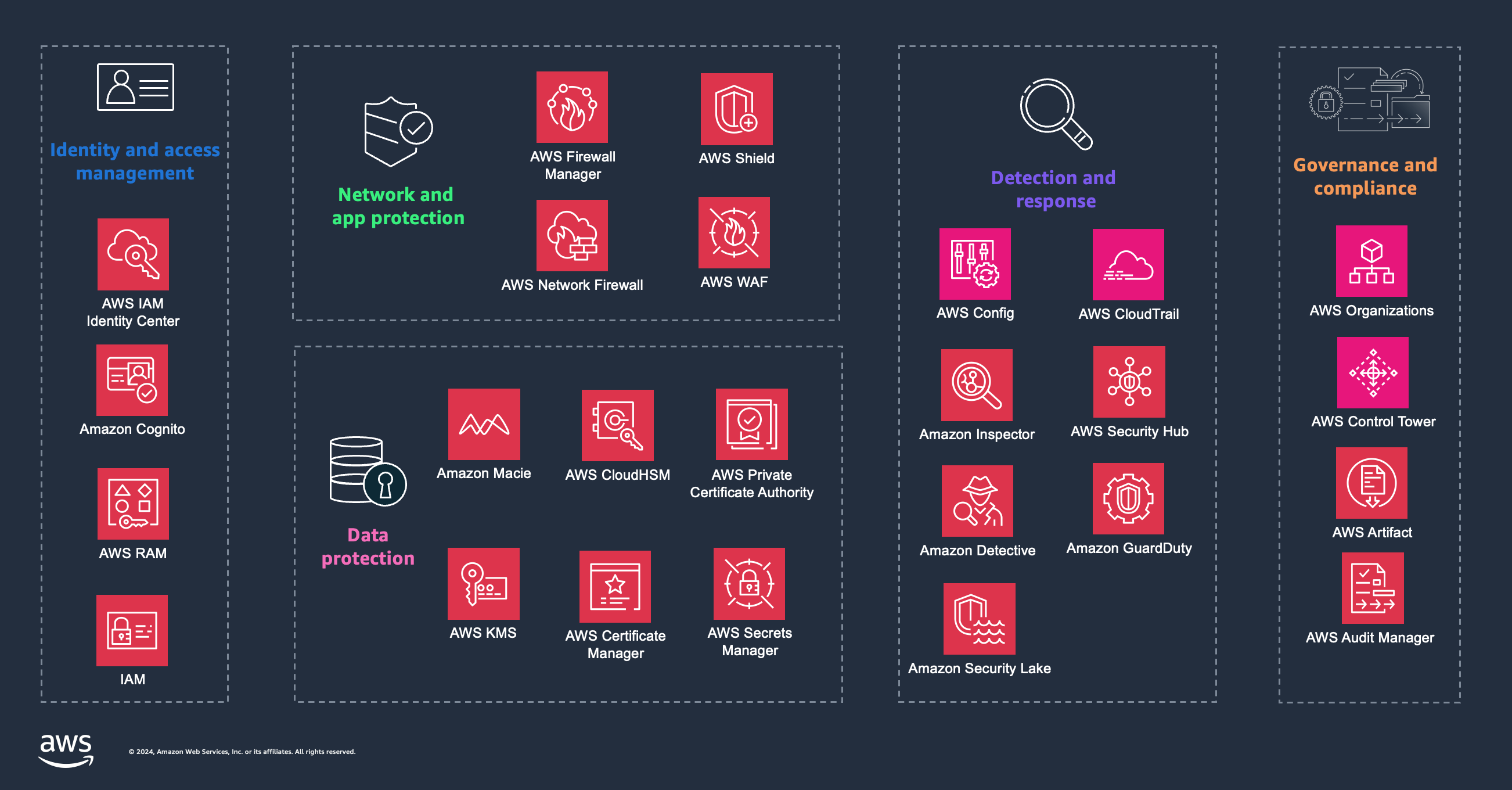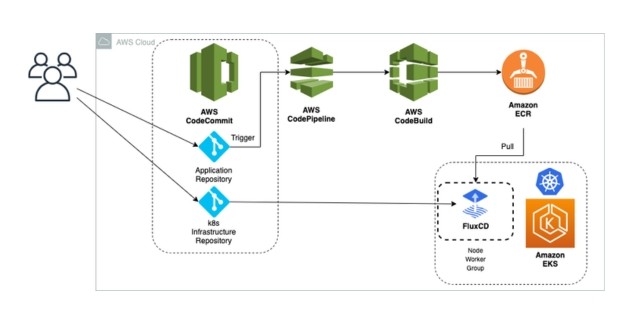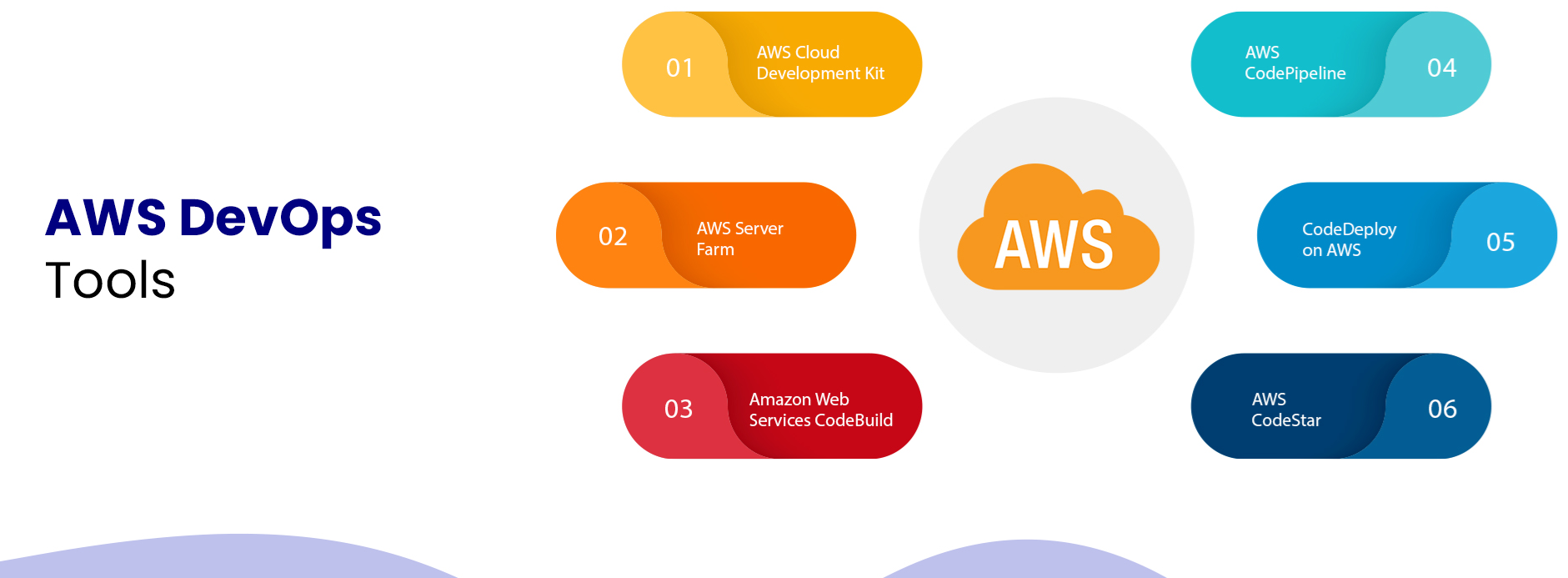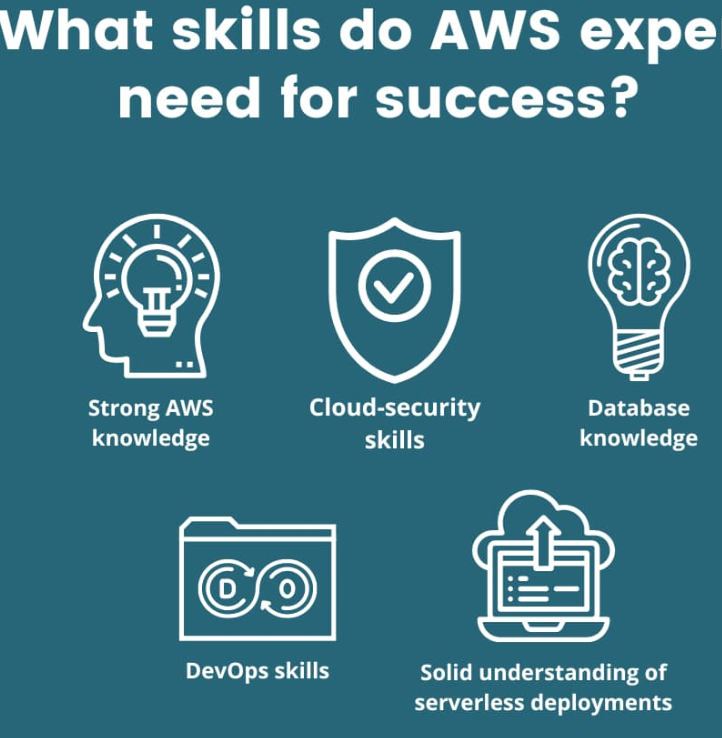When looking to hire an AWS Professional, it's crucial to understand the specific needs of your team. Start by evaluating the skills required for the role, whether it’s infrastructure management, cloud security, or DevOps. The right AWS Professional should have hands-on experience with Amazon Web Services, as well as relevant certifications that validate their expertise. A deep understanding of cloud architecture and scalability will ensure that the AWS Professional you hire can support your team’s cloud objectives effectively. Evaluating candidates and monitoring their performance are critical steps in ensuring you hire the right AWS professionals and maintain a high level of effectiveness in their roles.
Evaluate Candidates
Resume Screening:
- Relevant Experience: Look for candidates with hands-on experience in AWS services relevant to your project needs (e.g., EC2, S3, RDS).
- Certifications: Check for relevant AWS certifications that validate their skills and expertise, such as AWS Certified Solutions Architect or AWS Certified Developer.
Technical Interviews:
- Skill Assessment: Conduct technical interviews to evaluate candidates' knowledge of AWS services, architecture design, security best practices, and troubleshooting.
- Scenario-Based Questions: Use real-world scenarios to assess how candidates approach problem-solving and their ability to design solutions on AWS.
Hands-On Testing:
- Practical Assessments: Implement hands-on assessments or coding challenges to evaluate their practical skills in deploying and managing AWS resources.
- Case Studies: Present case studies that require candidates to design a solution based on given requirements, allowing you to assess their critical thinking and architectural skills.
Soft Skills Evaluation:
- Behavioral Interviews: Ask behavioral questions to gauge the candidate's communication skills, teamwork, and ability to adapt to challenges.
- Cultural Fit: Assess how well candidates align with your organization's values and culture.
References and Background Checks:
- Contact References: Reach out to previous employers or colleagues to verify candidates' skills, work ethic, and contributions to past projects.
- Background Checks: Conduct background checks to ensure candidates have the qualifications and integrity necessary for the role.
Monitor and Evaluate Performance
Set Clear Expectations:
- Define Roles and Responsibilities: Clearly outline what is expected of each AWS professional in their role, including specific tasks and deliverables.
- Establish Performance Goals: Set measurable performance goals and objectives that align with project and organizational goals.
Regular Check-Ins:
- One-on-One Meetings: Schedule regular check-ins to discuss progress, address challenges, and provide support.
- Team Meetings: Encourage team collaboration through regular meetings to share updates, discuss roadblocks, and promote knowledge sharing.
Performance Metrics:
- Key Performance Indicators (KPIs): Define KPIs to evaluate performance, such as project delivery timelines, cost management, incident response times, and application performance metrics.
- Feedback Mechanisms: Implement processes for collecting feedback from stakeholders and team members to assess the effectiveness of AWS solutions and team dynamics.
Continuous Learning and Development:
- Training Opportunities: Encourage ongoing training and certification to keep AWS professionals updated on the latest services and best practices.
- Mentorship Programs: Establish mentorship programs to support skill development and knowledge sharing within the team.
Performance Reviews:
- Formal Evaluations: Conduct regular performance reviews to assess individual contributions, areas for improvement, and career development goals.
- Recognition and Rewards: Acknowledge high performers and provide incentives for achieving milestones to boost morale and motivation.
It’s also important to assess the problem-solving abilities of the AWS Professional during the interview process. They should be able to design efficient cloud solutions while minimizing costs and optimizing performance. Additionally, consider whether the AWS Professional has experience working in your specific industry or handling similar project scales. By focusing on these factors, you can ensure that you hire the right AWS Professional who will fit seamlessly into your team.
